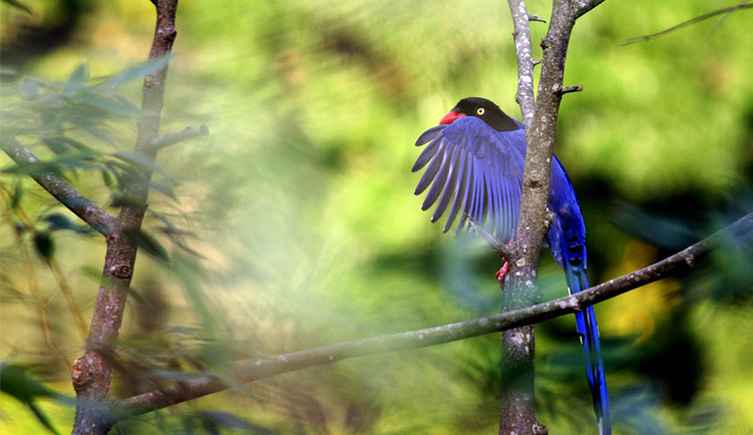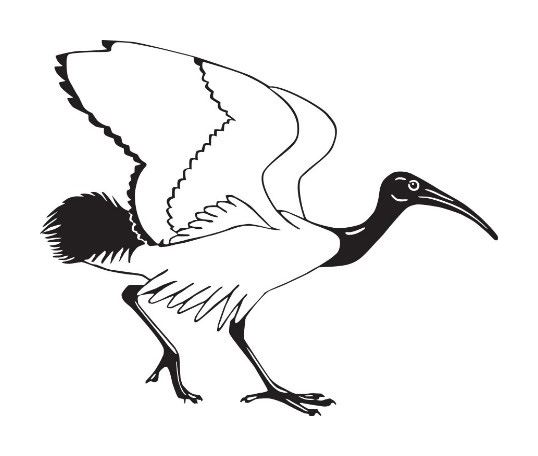Event information
Saturday 20 September 2025
10.00–17.00
Adult: £10.00
Students/disabled adult/jobseeker: £7
Disabled person companion: Free
Ticket booking will be opening soon.

© Chris Goodie
Journey into the wonderful world of birds with leading conservationists and ornithologists with a full day of inspiring talks at the Natural History Museum.
This event is an exciting collaboration between the Museum and several leading bird conservation charities and non-governmental organisations that focus on researching and conserving birds and their habitats globally.
We will soon be sharing more information about this event, including how to sign up and our 2025 speaker line up.

Saturday 20 September 2025
10.00–17.00
Adult: £10.00
Students/disabled adult/jobseeker: £7
Disabled person companion: Free
Ticket booking will be opening soon.
This event is hosted by the Natural History Museum in collaboration with the British Ornithologists’ Club.
Yes. This conference is open to all, but we advise that the content will be best enjoyed by those aged 15 and over. Children aged 16 and under must be accompanied by an adult.
The conference is being held at the Natural History Museum in the 200-seat Flett Theatre. The nearest entrance is via Exhibition Road.
Exhibition Road: This entrance will be open, but it is not step-free. There is a lift from the entrance lobby to the galleries. what3words: ///limit.take.admits
Cromwell Road main entrance: This entrance is open and accessible via the gates at the front of the Museum. It has step-free access with a ramp. what3words: ///chose.wonderfully.star
By Tube
The nearest Tube station is South Kensington, which is about a five-minute walk from the Museum's main entrance on Cromwell Road. Piccadilly, District and Circle line trains stop at South Kensington. This station is not step-free.
Gloucester Road station is about a 12-minute walk from the main entrance on Cromwell Road. It services the Piccadilly, District and Circle lines. This station has a lift but is not step-free.
Use the Transport for London Journey Planner to find the quickest route to the Museum.
By bus
Several bus routes stop near the Museum. Visit Transport for London's website for details.
By bicycle
Exhibition Road has cycle racks. The nearest Santander Cycles docking stations are on Exhibition Road and Thurloe Place, near South Kensington Tube station.
By coach
For groups travelling by coach, the drop-off point is outside the main entrance on Cromwell Road.
By car
We do not have parking facilities on-site, and parking around the Museum is limited.
Disabled parking
We have a very limited number of parking spaces on-site for Blue Badge holders. Availability cannot be guaranteed. Please book in advance by calling us on +44 (0)20 7942 5000. You can access these spaces via Queen's Gate, SW7 5HD, to the west of the Museum.
There are also twelve Blue Badge parking spaces on Exhibition Road. These spaces are managed by the Royal Borough of Kensington and Chelsea and cannot be booked in advance. You can park there for four hours between 8.30 and 18.30. Find out more on the Royal Borough of Kensington and Chelsea's website.